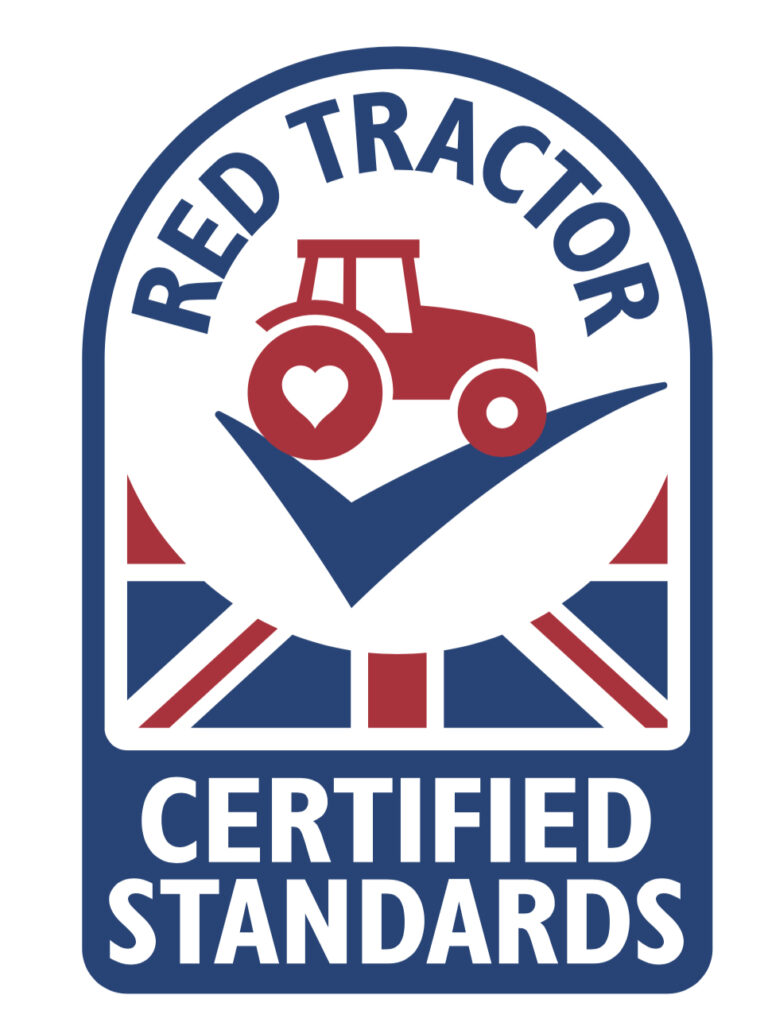Red Tractor has issued an updated set of standards to try and strengthen biosecurity, following the worst outbreak of highly pathogenic avian influenza.
The new rules will come into effect on 1 October and aim to improve control of contamination and reduce the risk from vectors of disease. These changes have been approved by Red Tractor’s technical advisory committee of farmers and industry experts, and the poultry sector board.
A selection of the updated requirements are as follows: Bringing any items inside a poultry house that has been cleaned and disinfected and is occupied or awaiting occupation by birds is considered a risk to biosecurity and vector for disease transmission. The standards have been upgraded, following best practice from industry, and shavings and litter bales must be double wrapped and the wrapping disinfected before bales are moved into bird housing. In practice, this means that the clear plastic wrap on bales is considered single wrapping and storing them with black plastic (or equivalent) over the top is the second plastic wrapping. When moving bales into the shed, either before or during a production cycle, bales must be disinfected before being bought indoors.
Another recommendation is that all bales are stored in buildings which do not allow for the ingress of wild birds or rodents. Defra has identified that bales stored in the open present more risk from contamination by wild birds than those stored undercover.
In addition, Red Tractor members will be required to ensure that the building does not have any leaks that allow for the ingress of rainwater, or for rodents.
The full set of changes has been sent to Red Tractor members.


